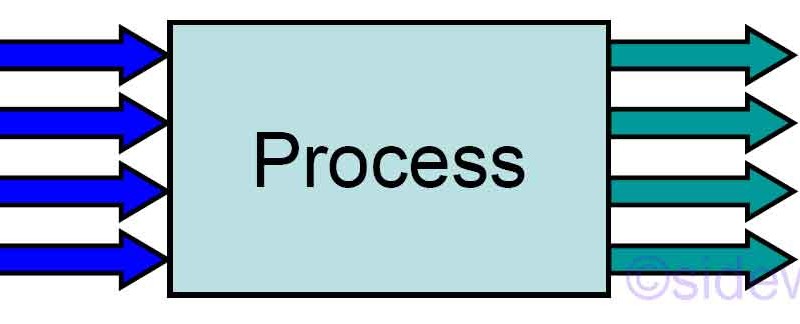Fretboard Logic: Learning From the Guitar How to Value Your Case
The Problem: You think that your client’s pain is so severe and different than the typical client that you value the case substantially higher than the other side will pay. The Solution: Understand what “category” your adversary has put your case in and either accept it or try to create a new category of value….


